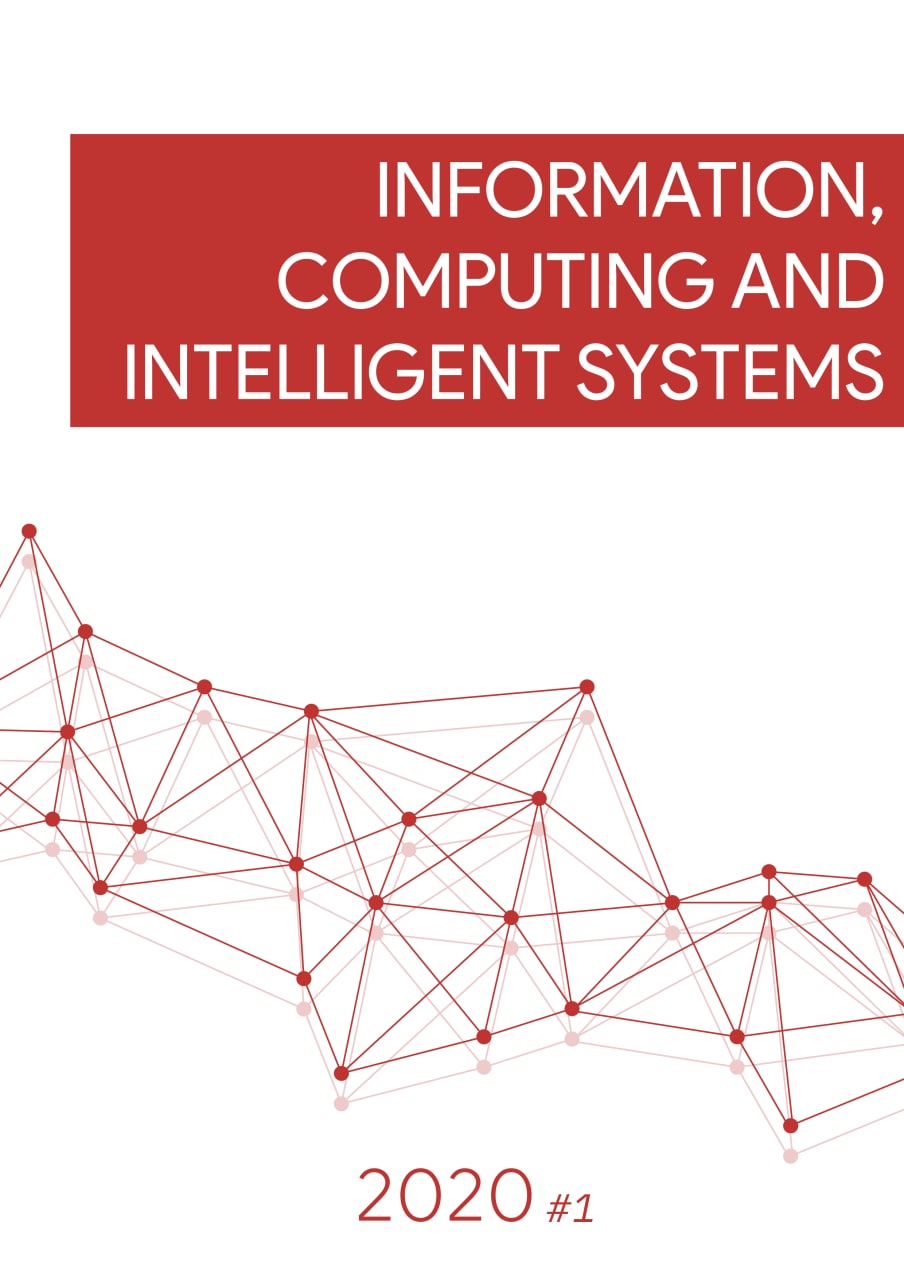HASH SEARCH ORGANIZATION IN E-DICTIONARIES USING BLOCK CIPHERS
DOI:
https://doi.org/10.20535/2708-4930.1.2020.216053Keywords:
hash-search, e-dictionary, contextual search, perfect hash-addressing, computer translationAbstract
The article is devoted to the problem of developing high-speed electronic dictionaries for systems computer translation.
The method of organizing a high-speed electronic dictionary based on an ideal hash addressing, where the cryptographic cipher block acts as a hash transformation is proposed. This method was developed taking into account the multilevel memory structure of modern computer systems.
It was testified theoretically and experimentally that the proposed organization of electronic dictionaries guarantees at least twice higher search rate compared to known technologies.
References
Pastor V. Searching Techniques in Electronic Dictionaries: A Classification for Translators / V.Pastor, A. Ampago //International Journal of Lexicography.- 2010.- Vol.23.- № 23.- P.307-354.
Marchuk U.N. Computational linguistics. –AST, Vostok-Zapad, 2001.-165
Agapova N.A. On the principles of creating an electronic dictionary of the linguocultorological type: to the problem statement / N.A. Agapova , N.F.Kartofeleva // Vestnik Tomskogo gosudarstvenogo universiteta. № 382 -2014.- .6-10.
Jongejan B. Automatic training of lemmatization rules that handle morphological changes in pre-, in- and suffixes alike. / B. Jongejan B. and H.Dalianis // Proceeding of the ACL-2009, Joint conference of the 47th Annual Meeting of the Association for Computational Linguistics of the Asian Federation of Natural Language Processing, Singapore. – 2009. - P. 145-153
Johnson R. Using finite state transducers for making efficient reading compression dictionary / R Johnson, L Antonsen, T Trosterud // Proceeding of 19-th Nordic Conference of Computational Linguistics- NODALIDA 2013.- Olso, Norway.- 2013.- P.75-87.
Fuertes-Olivera P.A. E- Lexicography: the internet, digital initiatives and lexicography / P.A. Fuertes-Olivera, H. Bergenholtz.- London. Continuum International Published Group.- 2011 – 282 P.
Markovskyi A.P. Interactive template method of computer translation of scientific and technical publications / A.P Markovskyi, O.M. Mykolayivna, Fan Chunlei // Visnik of NTUU “Igor Sykorsky KPI” Informatika, upravlinnia ta obchisliuvalna tekhnika - 59. - 2013 - 86-97.
Vidrin D.V., Polyakov V.N. Implementation of an electronic dictionary using n grams/ D.V. Vidrin, V.N. Polyakov//Shtuchnyi intellect. № 4 - 2002. -.180-183.
Fuertes-Olivera P.A. Wiktionary as a prototape of collective free multiple-language internet dictionary/ P.A. Fuertes-Olivera // The functional theory of lexicography and electronic dictionary.- 2009.- P.99-108.
Ball L.H. Heuristic evaluation of e-dictionary / L.H. Ball, Bothma T.J.D. // Library Hi Tech, -2018.- Vol. 36. - № 2.- P. 319-339.




